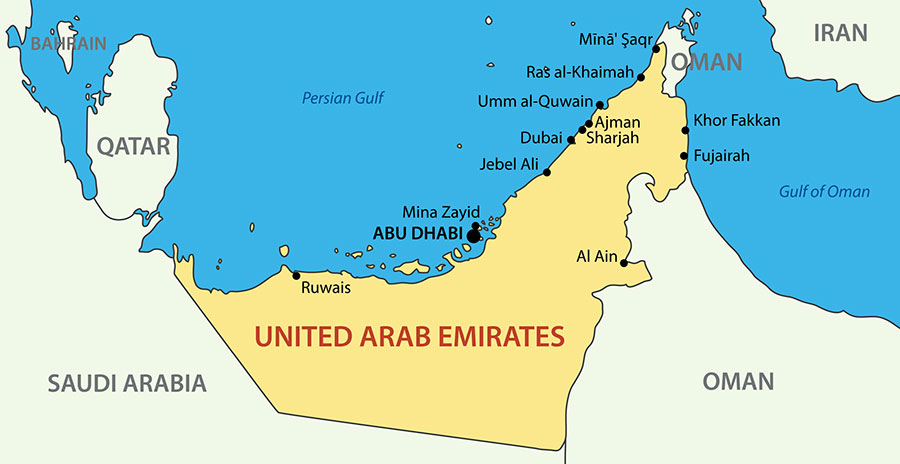
At the opening, the Chairman of the Sharjah Chamber highlighted the emirate’s longstanding role as a regional commercial hub—underscored by its advanced free-zone infrastructure and investor-friendly policies—and described this council as a platform to translate policy momentum into business-led partnerships. On the Azeri side, representatives pointed to the country’s strategic location as a gateway to the Caucasus and Central Asia, and expressed interest in the UAE’s logistics, energy and financial-services capabilities.
One of the council’s core tasks will be to map out priority investment corridors. The two sides noted that non-oil trade between the UAE and Azerbaijan more than doubled from USD 979 million in 2022 to USD 1.64 billion in 2023. Azerbaijan’s trade ministry added that this figure represents just part of the underlying potential, as UAE investments in Azerbaijan stood at around USD 778 million and growing at the end of 2022. The council meeting emphasised the importance of directing such capital flows into manufacturing, agriculture, automotive supply chains, and digital-economy initiatives.
The event followed a Comprehensive Economic Partnership Agreement signed in July by the two countries, in which the UAE and Azerbaijan committed to expand non-oil trade to an estimated USD 2.4 billion by mid-decade. Under that deal the two nations also identified collaboration in renewables and logistics as key growth engines. The business council’s mandate is to convert those high-level commitments into actionable projects and business-to-business linkages.
Participants welcomed the choice of Sharjah as host city, noting that the emirate’s ecosystem of specialised zones, industrial parks and trade infrastructure offers a practical venue for forging cross-border deals. A senior delegate remarked that the Sharjah environment allows “entrepreneurs to connect quickly with institutional frameworks, regulatory tools and regional distribution networks.” At the same time, some business-leaders cautioned that success will depend on streamlined regulatory alignment, transparency of incentives and clarity around project pipelines.
The council identified four high-value clusters for immediate focus: first, logistics and transport infrastructure linking Azerbaijan’s corridor routes with Gulf markets; second, renewable-energy and green-hydrogen value-chains, building on Azerbaijan’s hydrocarbon legacy and the UAE’s clean-energy ambition; third, agriculture and food-security partnerships addressing regional supply-chain vulnerabilities; and fourth, advanced manufacturing and auto-parts export models aimed at leveraging Azerbaijan’s access to Eurasian markets.
Azerbaijan officials outlined incentives for UAE investors including access to its free-zones, tax-preferential mechanisms and trade-facilitation reforms. UAE business-delegates welcomed those, but stressed the need for institutional clarity on land-lease regimes, foreign-ownership thresholds and dispute-resolution pathways. On the UAE side, investors flagged the opportunity to leverage the UAE’s global connectivity and capital-markets depth to channel Azerbaijani production into Gulf, African and Asian markets.
Observers pointed to the broader regional implications of the agreement. As the UAE seeks to diversify its non-oil trade partnerships, Azerbaijan provides a strategic platform into the Caucasus and Central Asia. For Azerbaijan, participation in Gulf trade networks offers a pathway to diversify away from hydrocarbons and embed itself deeper in global value-chains. It is this dual strategic logic that underpins the council’s formation.
Topics
UAE
